In this article, we explore the different events of the 2024 Paralympic Games, detailing the sports and the specific categories in which the athletes will compete.
The 2024 Paralympic Games, to be held in Paris, will be a global showcase for the athleticism and resilience of athletes with disabilities. This event will highlight the exceptional skills and determination of these athletes across a variety of sporting events.
History and origins of the Paralympic Games
The Paralympic Games originated from competitions organized for veterans of World War II. The first official Paralympic event took place in 1960 in Rome, Italy, alongside the Olympic Games. Since then, the Paralympic Games have evolved to include a wide range of sports and have become an important event on the international sporting stage.
Summer Paralympic sports at the 2024 Paralympic Games
The 2024 Summer Paralympic Games will include 22 sports, each with several categories based on the type and degree of disability of the athletes. Below is an overview of the main sports:
- Wheelchair basketball
- Boccia
- Blind football
- Wheelchair fencing
- Goalball
- Para athletics
- Para rowing
- Para badminton
- Para canoeing
- Para track cycling
- Para road cycling
- Para equestrian
- Para judo
- Para swimming
- Para powerlifting
- Taekwondo
- Para table tennis
- Para archery
- Para shooting
- Para triathlon
- Wheelchair rugby
- Wheelchair tennis
- Sitting volleyball
What disciplines can people with cognitive impairment participate in at the Paralympic Games
At the Paralympic Games, athletes with cognitive impairments, such as intellectual disability and Down syndrome, have the opportunity to take part in various adapted sporting disciplines. These disciplines are designed to be inclusive and accessible, ensuring that all athletes can compete on an equal footing. Below, some of the main disciplines available are detailed:
Para athletics
Athletics offers a wide variety of events for athletes with cognitive impairments. Categories are adapted to ensure fair competition. Events include:
- Races of various distances: 100m, 200m, 400m, 800m, and 1500m.
- Long jump: Adapted to ensure athletes can participate safely.
- Shot put: Adapted to the physical and cognitive abilities of the athletes.
Para swimming
Paralympic swimming includes several adapted events for athletes with cognitive impairments:
- Freestyle: Distances of 50m, 100m, and 200m.
- Butterfly: Adapted for different levels of ability.
- Backstroke and breaststroke: With adapted rules to ensure safe and effective participation by the athletes.
Para table tennis
Table tennis is a popular discipline among athletes with cognitive impairments due to its benefits for coordination and concentration. Rules and equipment are adjusted to:
- Adjust the size of the table and the balls according to the players’ needs.
- Provide coaches and assistants who can help athletes during play.
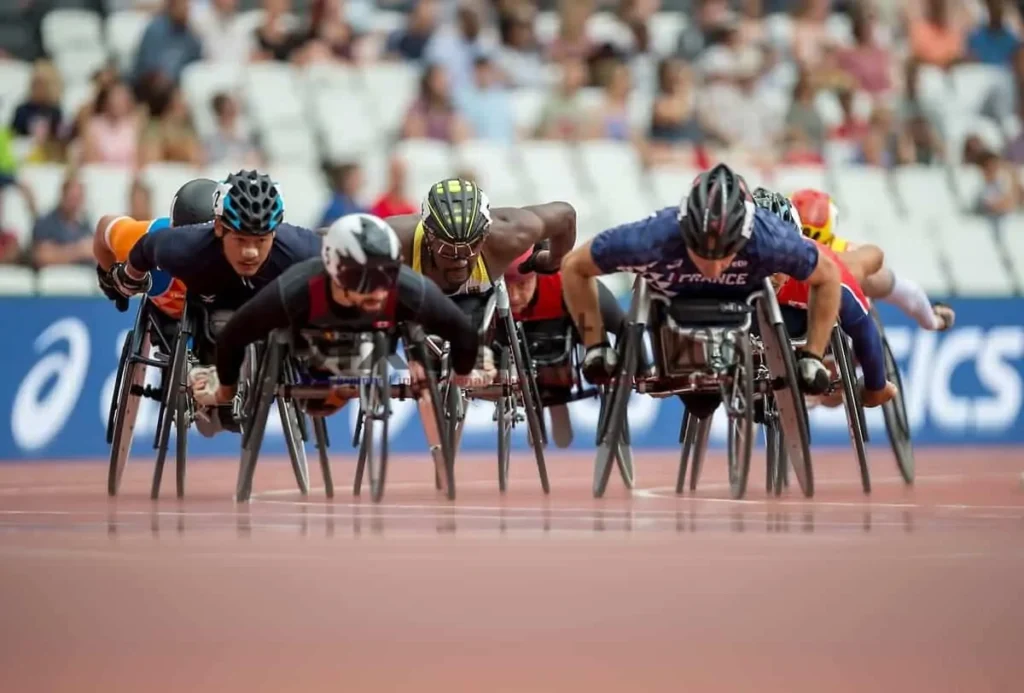
The impact of the Paralympic Games on society
The 2024 Paralympic Games are not only a showcase of sporting excellence but also a powerful engine of social change. They raise public awareness about the abilities and achievements of people with disabilities, promoting inclusion and equality.
Paralympic athletes serve as role models for young people and adults, inspiring millions to overcome challenges and pursue their dreams. Their resilience and determination show that disability does not define a person’s limits.
Technological innovations developed for Paralympic athletes, such as advanced prosthetics and sports wheelchairs, have applications beyond sport. They help improve the quality of life for people with disabilities in their everyday lives.
The Paralympic Games play a crucial role in raising public awareness about the challenges and successes of people with disabilities. They foster an attitude change by promoting a more inclusive and respectful view of human diversity.

Subscribe
to our
Newsletter
How the Paralympic Games promote mental and cognitive health
The Paralympic Games not only celebrate the sporting achievements of athletes with disabilities but also play a crucial role in the promotion of mental and cognitive health. This international event not only highlights the skill and determination of the athletes, but also contributes significantly to the mental and emotional well-being of participants and the general public. As we approach the 2024 Paralympic Games in Paris, it is important to recognize how these Games positively influence mental and cognitive health.
Impact on the mental health of Paralympic athletes
Participating in the Paralympic Games helps athletes overcome the stigma associated with disability. By demonstrating their skills and achievements on the world stage, athletes gain greater self-esteem and self-confidence. This increase in self-acceptance and social recognition can be very beneficial for mental health, helping to combat feelings of insecurity and isolation.
The Paralympic Games foster a sense of community and support among athletes. Camaraderie and mutual support among competitors create a positive environment that can be crucial for mental health. Feeling part of a community that understands and values shared experiences can help reduce stress and improve emotional well-being.
Cognitive benefits of participating in the Paralympic Games
Participating in Paralympic sports can have positive effects on cognitive function. Training and competitions require high levels of concentration, planning, and decision-making, which stimulate and strengthen cognitive abilities. This can be especially beneficial for athletes with cognitive disabilities, helping them improve their mental skills through practice and effort.
Sport itself is an effective form of mental stimulation. Training routines and competitions involve a series of challenges that keep the mind active and engaged. For Paralympic athletes, this can mean improvements in memory, attention, and other essential cognitive skills, contributing to greater mental well-being.
Cognitive stimulation techniques used in Paralympic sport
- Attention exercises: Attention exercises focus on improving the ability to concentrate on a specific task while ignoring distractions. These exercises are crucial for athletes who need to maintain a high level of concentration during competition.
- Memory training: Memory training includes exercises and activities designed to improve the ability to recall information and events. For Paralympic athletes, this can mean remembering game tactics, training routines, and important competition details.
- Planning and organization: Planning and organizational skills are fundamental to success in sport. Cognitive stimulation can include activities that help athletes plan game strategies, manage time, and organize their training effectively.
- Decision-making: Quick and effective decision-making is a key skill in sport. Cognitive stimulation exercises can help athletes make fast and accurate decisions under pressure, which is essential in competition situations.
The importance of mental health in the Olympic Games
The Olympic Games are the pinnacle of world sport, where elite athletes face not only rivals from around the globe but also immense pressures and high expectations. Traditionally, attention has focused on physical preparation and athletic performance, but in recent years there has been a deeper understanding of the importance of mental health for Olympic athletes. A notable example of this growing awareness occurred at the Tokyo 2020 Olympic Games, where American gymnast Simone Biles brought athletes’ mental health into the spotlight.
The case of Simone Biles
Simone Biles, considered one of the greatest gymnasts of all time, surprised the world when she decided to withdraw from several competitions during the Tokyo 2020 Games. Biles cited the need to take care of her mental health as the main reason for her decision. This action sparked a global debate about the pressure athletes face and the importance of prioritizing their mental well-being as much as their physical preparation.
Biles experienced what is known as the “twisties,” a condition in which gymnasts lose spatial awareness during their spins in the air, which can be extremely dangerous. This problem not only affects performance but also puts the athlete’s physical safety at risk. By recognizing and acting on her mental limitations, Biles not only protected her physical well-being but also opened a crucial dialogue about mental health in sport.
Bacon the dog and emotional support
Another example of the focus on mental health at the Tokyo Olympic Games was the inclusion of a very special team member on the U.S. team: Bacon, a therapy dog. Bacon was brought to provide emotional support to athletes, helping them calm down and distract themselves from stress before their competitions.
Bacon’s presence offered athletes a moment of relief and comfort in a highly competitive and stressful environment. Therapy dogs like Bacon have proven effective at reducing anxiety and improving emotional well-being, providing a brief escape from pressures and allowing athletes to better focus on their performance.
The relevance of mental health in sport
The case of Simone Biles and the inclusion of Bacon underscore the importance of recognizing and addressing the mental health of Olympic athletes. The pressure of competing at the highest level, combined with constant media attention and the expectations of an entire country, can be overwhelming. Athletes are not just bodies expected to perform at their peak, but also people with emotions and vulnerabilities.
Prioritizing mental health can lead to better long-term performance, as athletes who feel mentally healthy and balanced are more capable of facing challenges and maintaining their focus. In addition, it creates a more humane and understanding sporting environment where athletes can seek help without fear of being stigmatized.
Conclusion
The 2024 Paralympic Games in Paris will highlight the resilience and skills of athletes with disabilities across 23 sports, promoting inclusion and equality. Beyond sport, these Games significantly contribute to the mental and cognitive health of athletes, helping to overcome the stigma of disability, improve self-esteem, and foster a sense of community. The Paralympic Games not only celebrate sporting achievements but also drive positive social change and improvements in quality of life.
Bibliography
- American Psychological Association. (n.d.). Articles and studies on cognitive rehabilitation. https://www.apa.org
- Frontiers in Psychology. (n.d.). Articles on the effects of cognitive rehabilitation and physical activity. https://www.frontiersin.org/journals/psychology
- Journal of Applied Sport Psychology. (n.d.). Articles on athletes’ mental preparation: WHO Mental Health in Sport. https://www.tandfonline.com/toc/uasp20/current
- Journal of Clinical Sport Psychology. (n.d.). Articles on sport psychology for Paralympic athletes. https://journals.humankinetics.com/view/journals/jcsp/jcsp-overview.xml
- National Center for Biotechnology Information. (n.d.). Studies on cognitive rehabilitation and athletes. https://www.ncbi.nlm.nih.gov
- National Institutes of Health. (n.d.). Studies on the cognitive benefits of physical activity. https://www.nih.gov
- Paralympic.org – Official site of the Paralympic Games, containing detailed information about the sports, athletes and events: International Paralympic Committee. (n.d.). Paralympic.org . https://www.paralympic.org
- ResearchGate. (n.d.). Studies and research articles on athletes’ mental and cognitive health. https://www.researchgate.net
- The New York Times (n.d.). Simone Biles is withdrawing from the Olympic all-around gymnastics competition. https://www.nytimes.com/2021/07/28/sports/olympics/simone-biles-out.html?smid=url-share
If you enjoyed this article about the events of the 2024 Paralympic Games and the importance of mental health, you will likely be interested in these NeuronUP articles:
“This article has been translated. Link to the original article in Spanish:”
Las pruebas de los Juegos Paralímpicos 2024 y la importancia de la salud mental
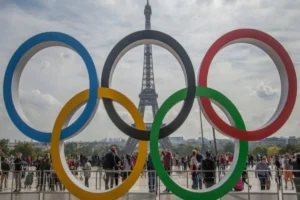
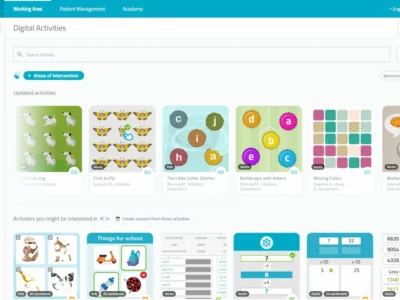

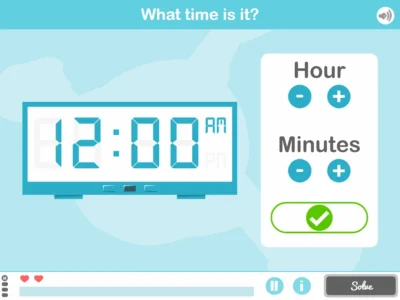
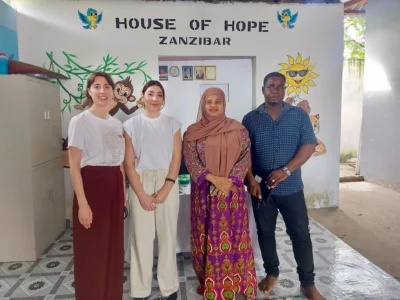
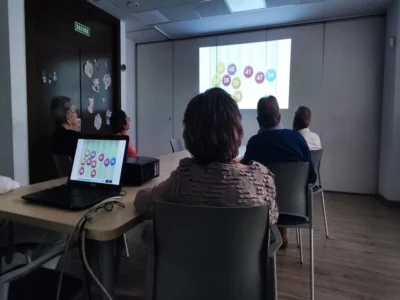
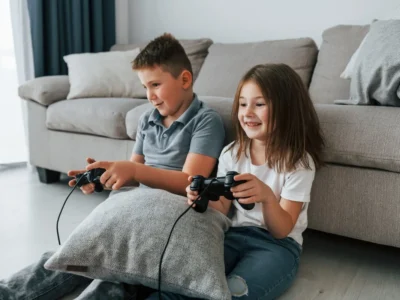
 How to tailor the difficulty of NeuronUP activities to address cognitive decline
How to tailor the difficulty of NeuronUP activities to address cognitive decline
Leave a Reply